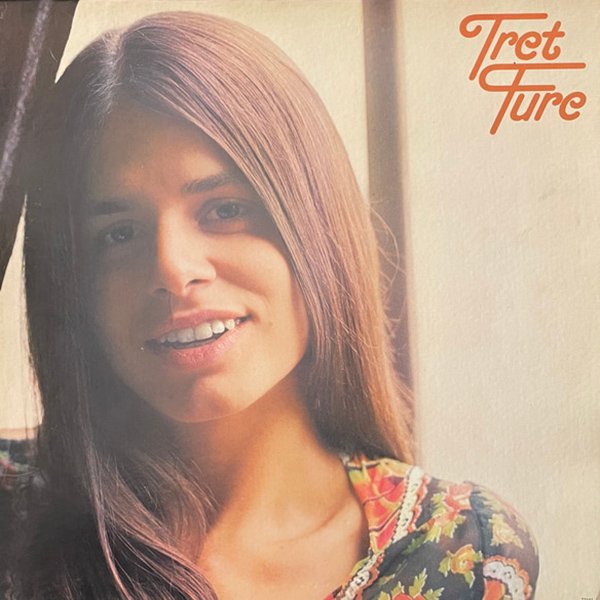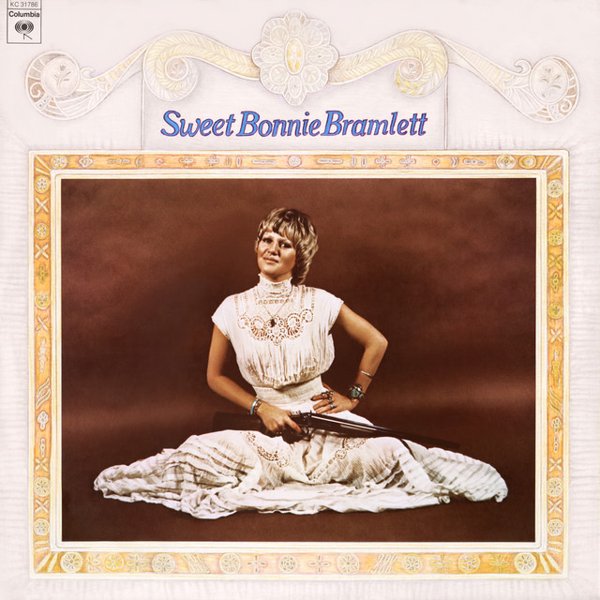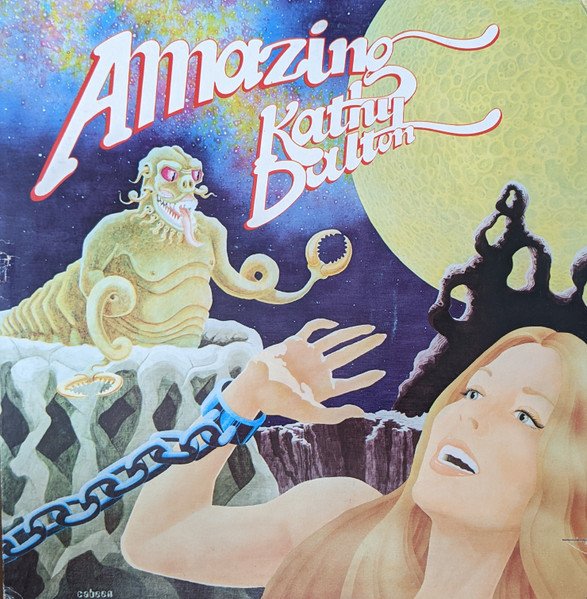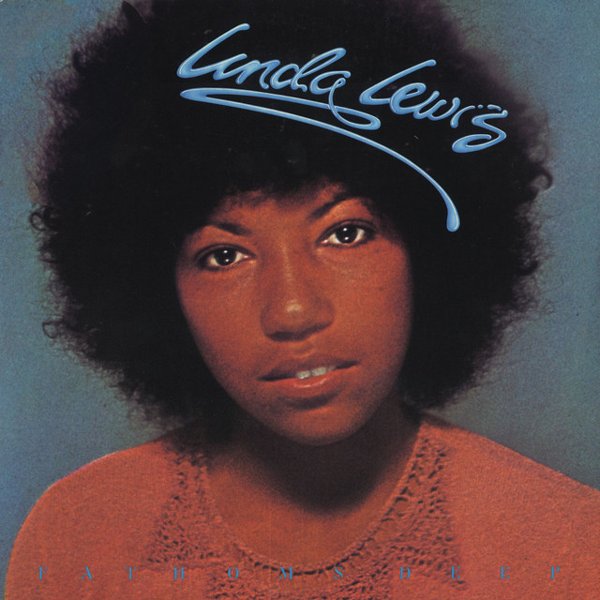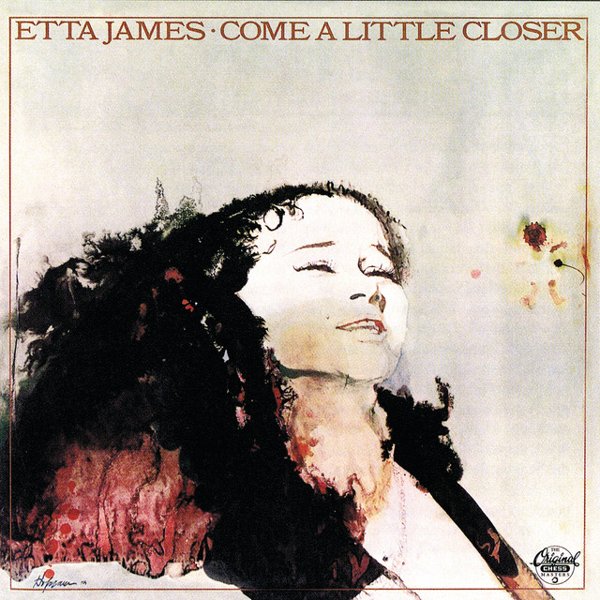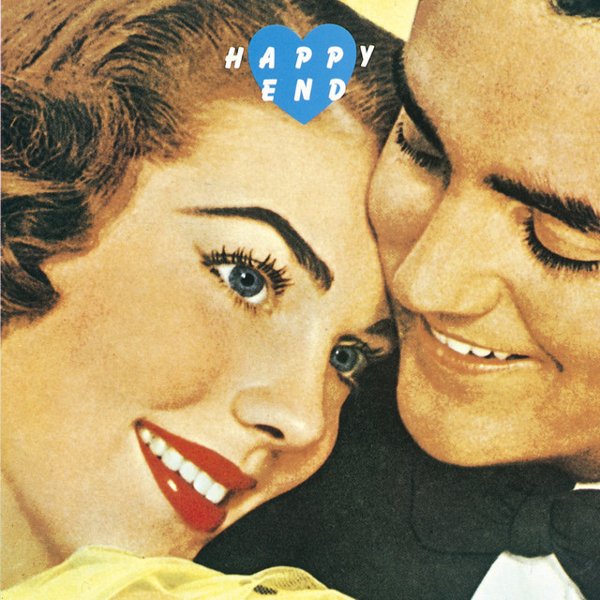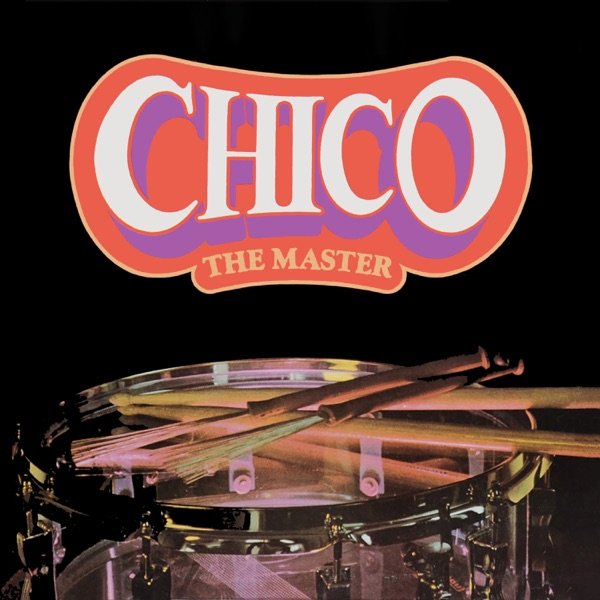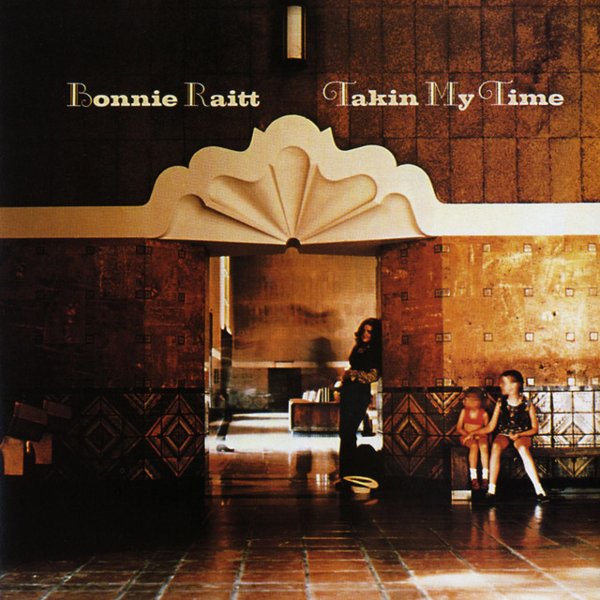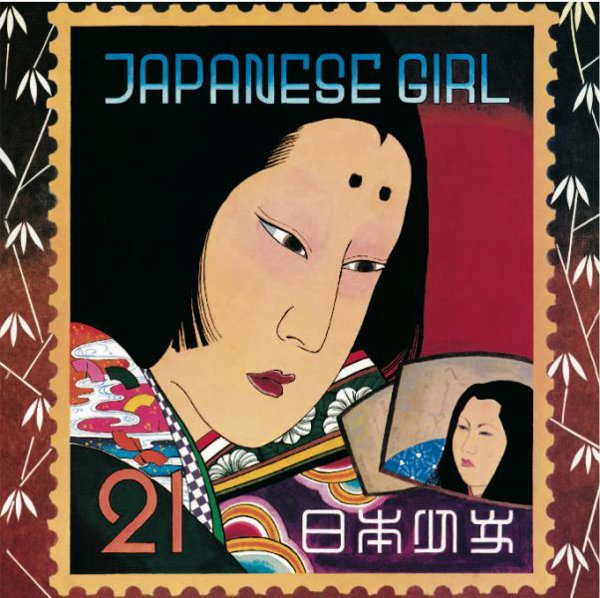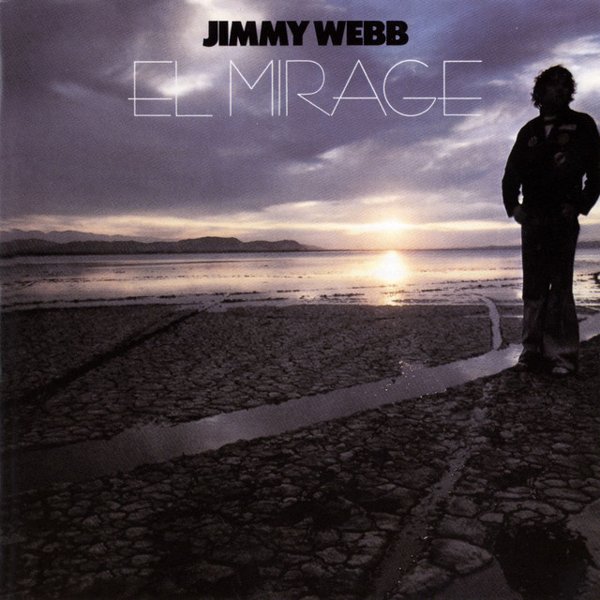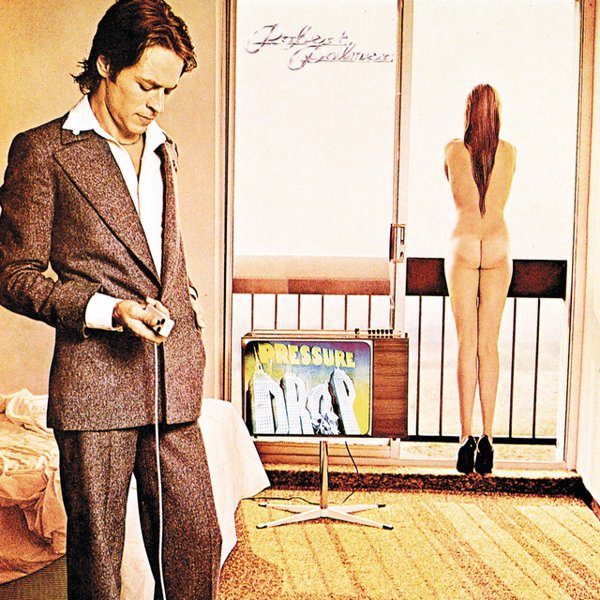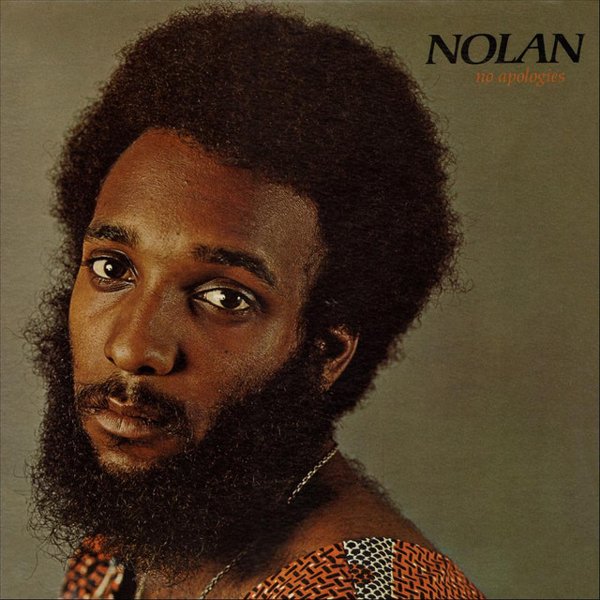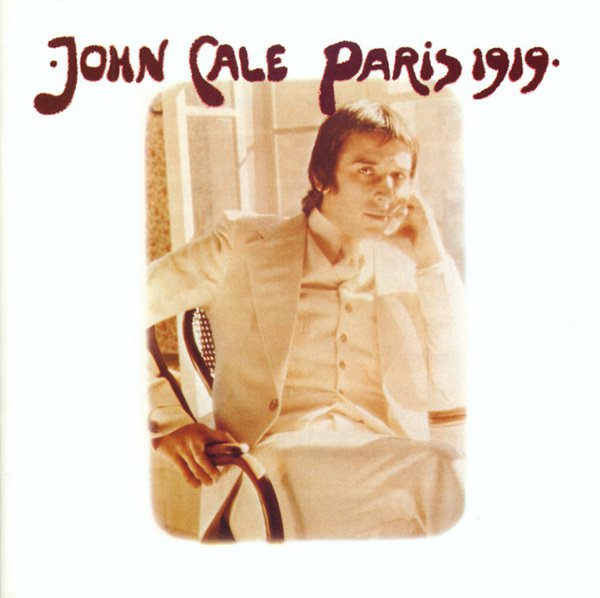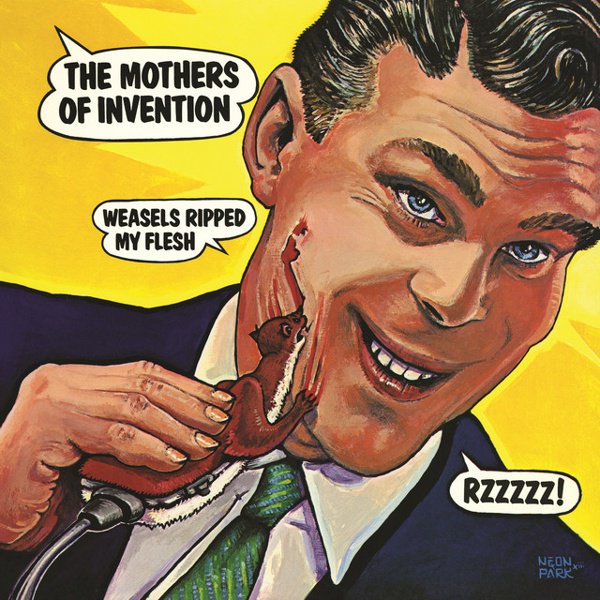Typically for Angelenos of a certain era, Lowell George wasn’t a child star, but he still nevertheless wound up on television. He could be seen at the age of six on Ted Mack’s Original Amateur Hour (huffing on harmonica alongside his older brother) and his first rock’n’roll band wound up on the bizarre “perpetual war is funny” sitcoms like F Troop and Gomer Pyle, U.S.M.C. The TV thing wasn’t for him, but over the years George picked up flute in marching band, guitar in high school, and also knew his way around a saxophone, shakuhachi, and sitar. Lowell George is rightly remembered for his searing slide guitar work and scruffy songwriting in the beloved early ‘70s cult rock act Little Feat. His wistful trucker tune “Willin’” and woozy ode to white powder “Sailin’ Shoes” are pretty much rock standards at this point.
But onstage and in the studio, he could be a jack of all trades. The likes of Frank Zappa and Van Dyke Parks leaned on him to give recording sessions a little extra kick. With a singular style on slide guitar, George could deliver roadhouse boogie, nimble New Orleans soul, nuanced sunny pop, and California stompin’ garage rock. While LIttle Feat had moderate success during the ‘70s (and remain a festive jam band well into the present), George also had plenty of studio work during that decade as well. Jackson Browne once quipped that George was “the Orson Welles of rock.” That adaptability even led burgeoning Japanese acts like Happy End (featuring a young, pre-YMO Haruomi Hosono on bass) and Akiko Yano to seek out his services. Parks once observed “I think Lowell had a madness in his work that he wanted to explore, and he had the integrity to do it.” Even as a sideman, you can hear that speedball of madness and integrity at work.

![Performance [Original Soundtrack] cover](https://images.theshfl.com/5769941710536704_600.jpg)
